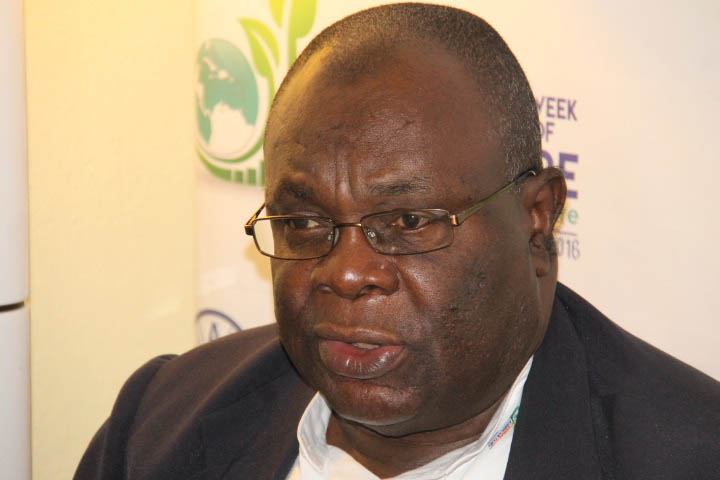During the past 50 plus years, governments in the English speaking Caribbean have recognized the need for a regional research system to meet the increasingly complex challenges of agriculture. The Caribbean Agriculture Research and Development Institute (CARDI) has taken on that mission by translating vision into action, through a road map of Strategic Programmes. Key deliverables will enable the Institute to contribute, in the short term, to increases in food supply to the region, and in the medium term, to the stability of the agricultural sector, food and nutrition security and reduction in hunger and poverty.
BVC: Can you share the history of CARDI and its mission today?
Clarke: “The Caribbean Agriculture Research and Development Institute was formally launched on Dec 5, 1974 by the Conference of Heads of Governments as the lead CARICOM institution for agriculture and related matters. But the history goes back a bit earlier, in that there are some foundations related to the Imperial College of Tropical Agriculture, which was initiated by the British to serve the needs of the Tropical Common-wealth. Back in 1955, they recognized that in addition to recognizing the needs of the wider commonwealth in India, Pakistan, and Australia, they needed to pay particular attention to the Caribbean. As a consequence, they established what was then called the Regional Research Council (RRC). That was based in Trinidad, with other offices in Barbados, Jamaica, and Antigua.

